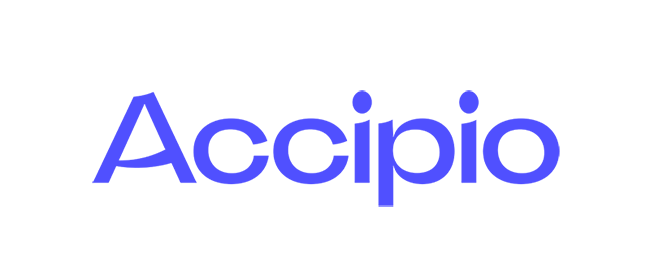11 Apr Mindfulness and Wellbeing
Mindfulness is a natural state where an individual is at the centre of all senses. In other words, when one is fully aware of their actions, thoughts and speech. Being mindful means having one focus.
Mindfulness is a quality we bring to our day to day life which keeps our brain healthy, helps us in making effective decisions and helps us to regulate and manage our emotions. In order to accomplish this state, you need to be alert, focused, relaxed, non-judgemental and open.
It is likely that we have all had a conversation with someone at some point in our lives, thinking that we were fully engaged in conversation and afterwards have struggled to remember what he or she have said. This is not being mindful, as we were clearly dwelling on our own thoughts or worries at the same time.
The very first part of being mindful, is starting to pay attention on purpose. Attentional control makes life more meaningful and strengthens emotional intelligence.
Mindfulness can become more natural with practice. Meditation is a common way of practicing being mindful. However, due to the digital age we live in, this can be challenging, given all the distractions we are open to. Nevertheless, we can still practice on a regular basis with day-to-day interactions such as a business call, writing an important email or attending a meeting – identify your aim, and focus.
As clearly stated by the Harvard Business Review, mindfulness is a ‘’must have’’ in the workplace. It is essential for effective leadership as it boosts our capability to embrace change and manage stress, which in turn, enhances performance.
In summary, mindfulness is fully living the present, eliminating any thought about the past or future. Mindfulness and well-being work together to enhance performance. Where a person’s well-being and mindfulness increases, so typically does his or her performance and effectiveness.
Congleton, Hölzel, and Lazar. (2016). Mindfulness Can Literally Change Your Brain. Harvard Business Review, 2015. Web. 6 July 2016.

